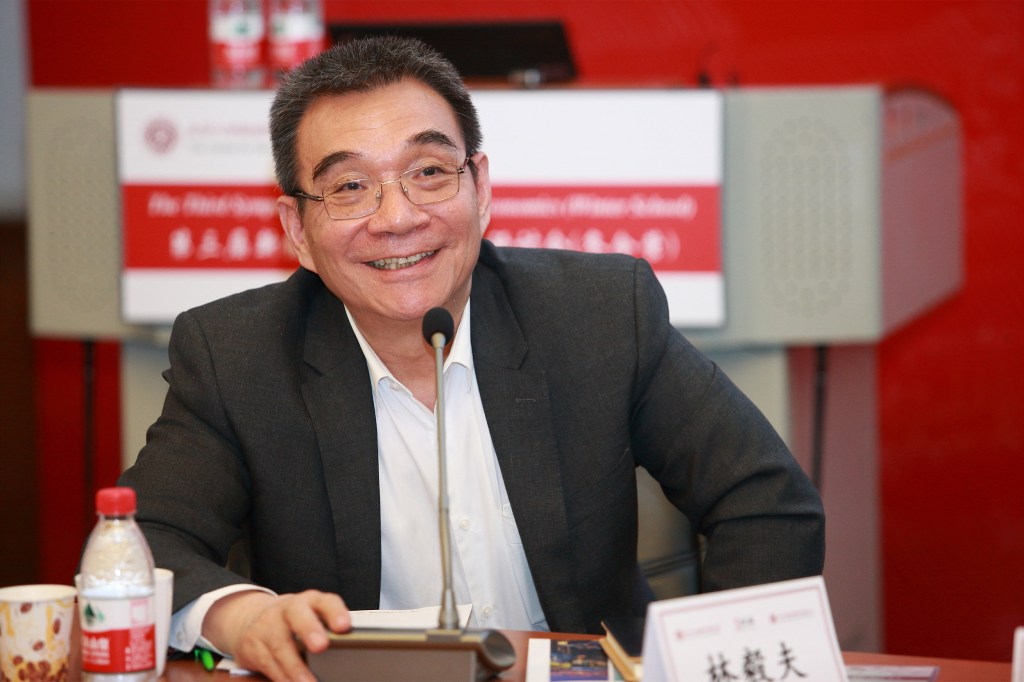Work & Economy
-

How market reactions to recent U.S. tariffs hint at start of global shift for nation
Economist updates literature on optimal American import-tax rate in world of interconnected trade, investment
-
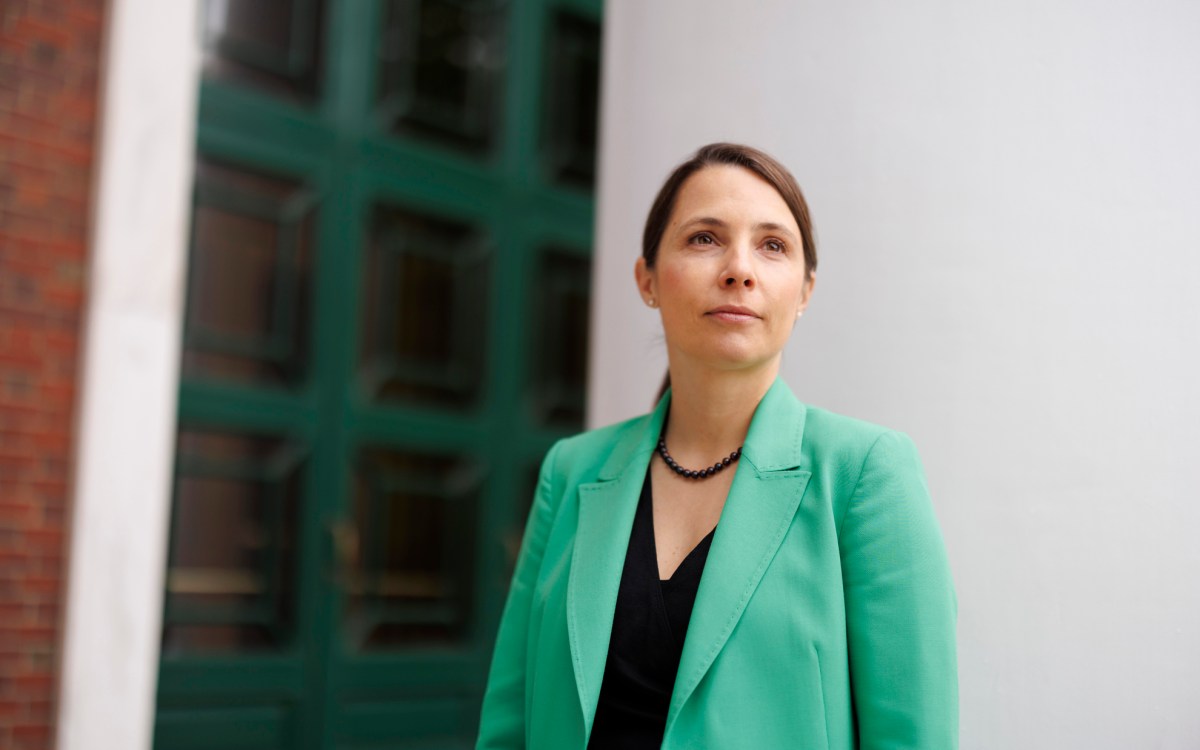
Remember when corporate America steered clear of politics on social media?
Study finds Twitter surge starting in 2017, most of it Democratic-leaning by surprising range of firms, with negative effects on stock price

-

Era of U.S. dollar may be winding down
Economist Kenneth Rogoff’s new book entwines currency’s ascension, his own experiences, and looks at what looms ahead
-

Funding today, entrepreneurship tomorrow. Or not.
Threat to research is a threat to U.S. innovation and growth, HBS analyst says
-
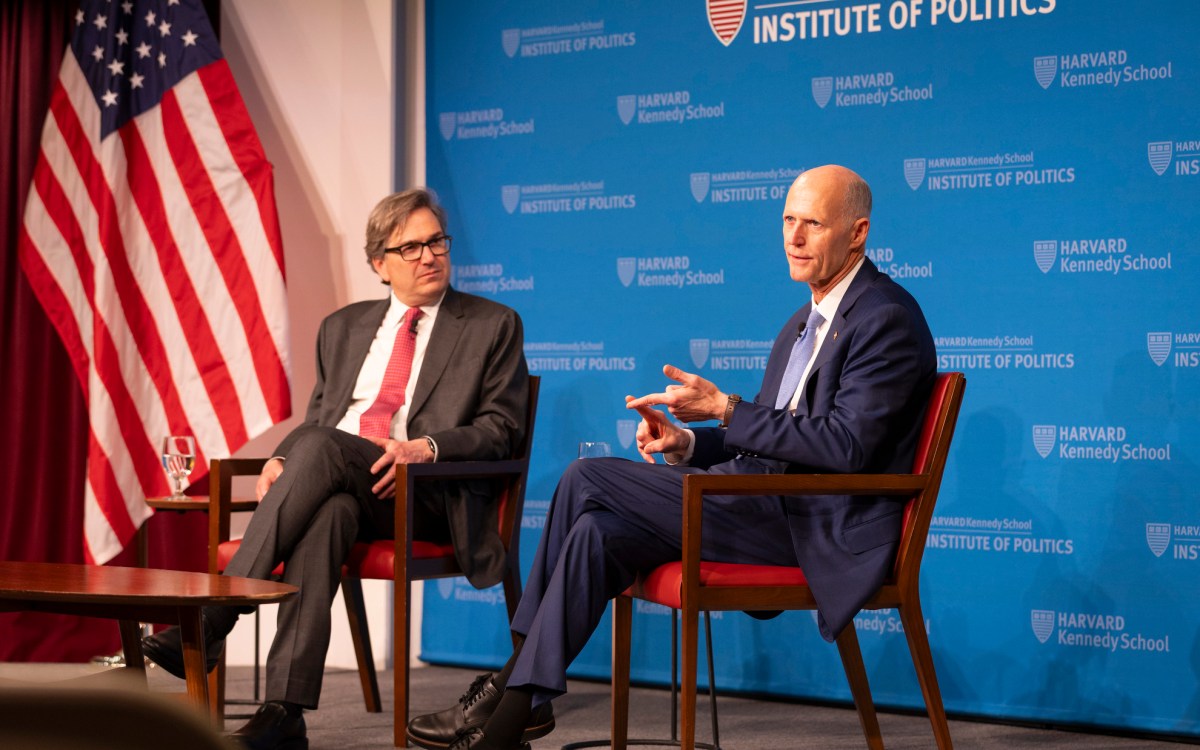
Rick Scott argues tariffs will level playing field, help U.S. workers
Republican senator also views China as nation’s most concerning competitor
-
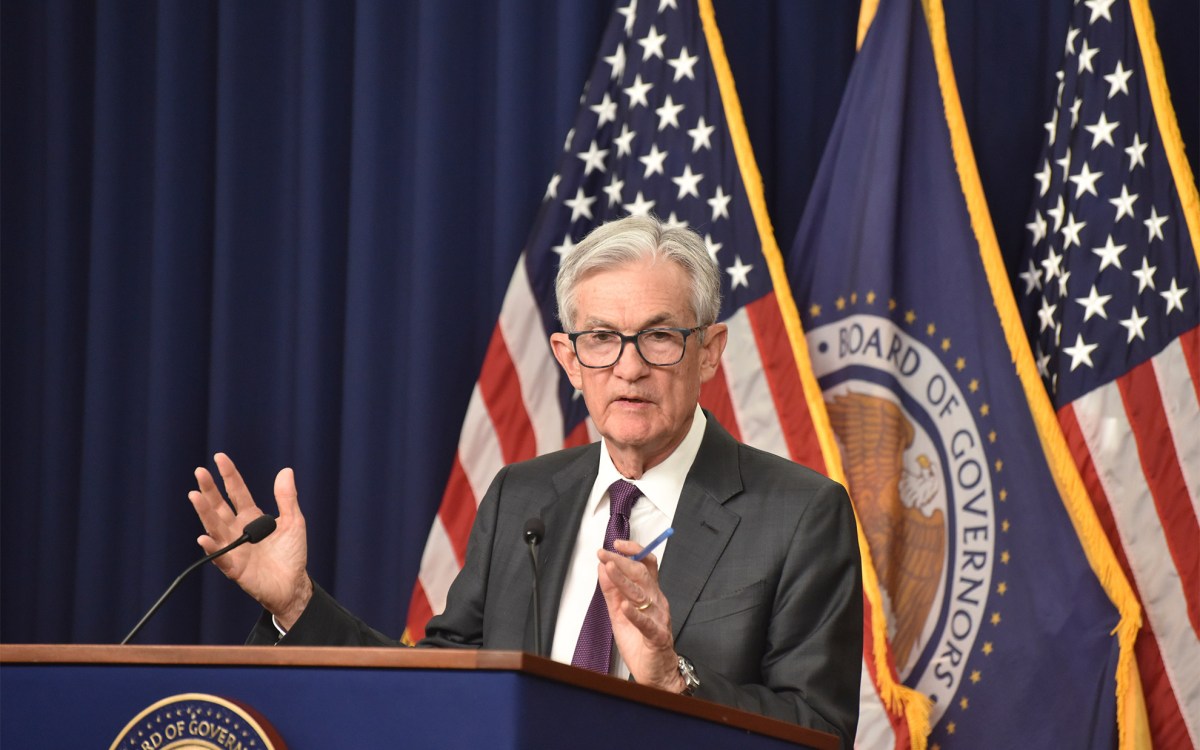
Can Trump fire Fed chairman?
Law professor and former Fed Board member says it’s possible but likely market reaction should give pause
-
Surveying a landscape of economic uncertainty in COVID era
Harvard economist Kenneth Rogoff assesses the state of the U.S. economy and what’s on the horizon.
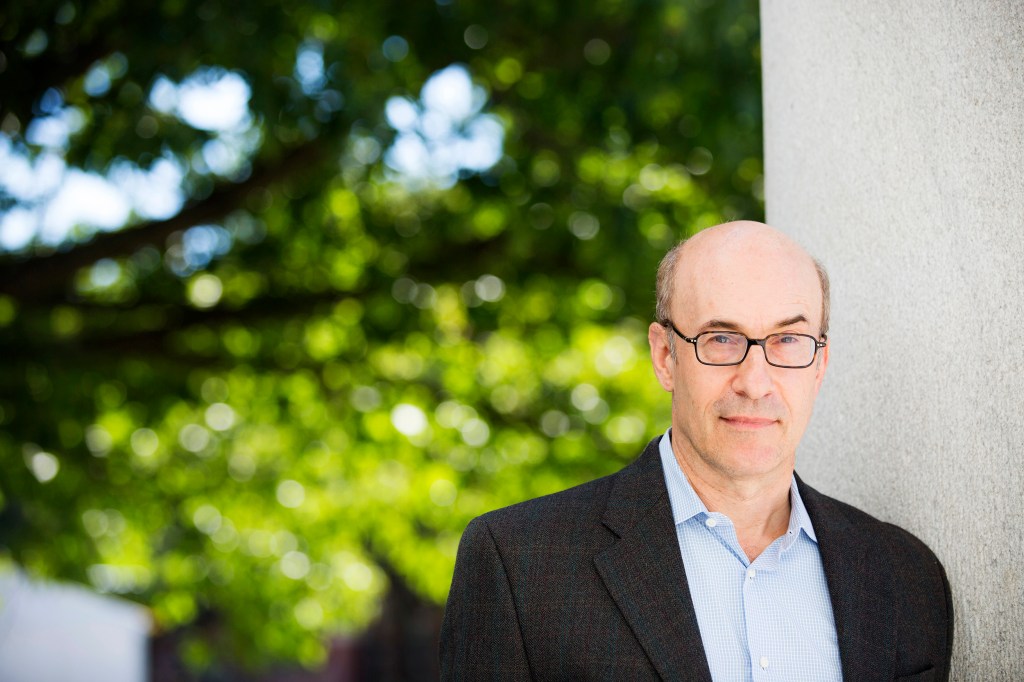
-
How to be an antiracist nonprofit or company
A Harvard Kennedy School research initiative that studies racial bias in the private sector will consider why diversity and inclusion efforts fail.
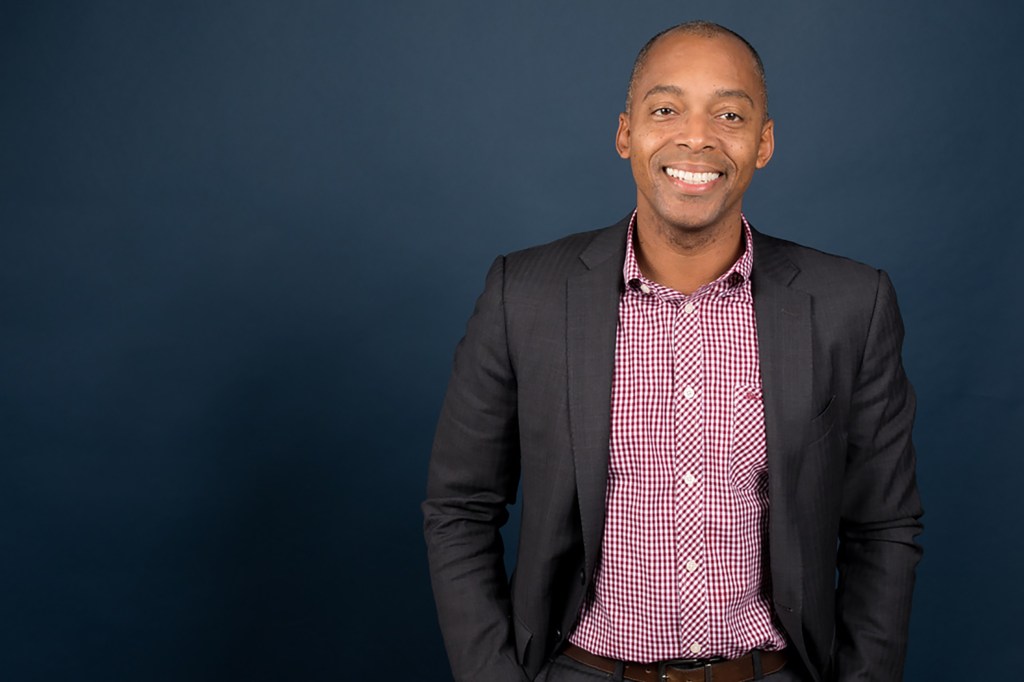
-
Disruption of work relationships adds to mental-health concerns during pandemic
COVID-related workplace interventions have focused on workers’ physical health, but a new study shows that attention should be paid to replacing workplace social networks also disrupted by the virus.

-
Exploring Coke’s role in obesity strategy in China, elsewhere
Harvard researcher says Coke worked through a D.C. nonprofit to shape obesity science and policy solutions in China.
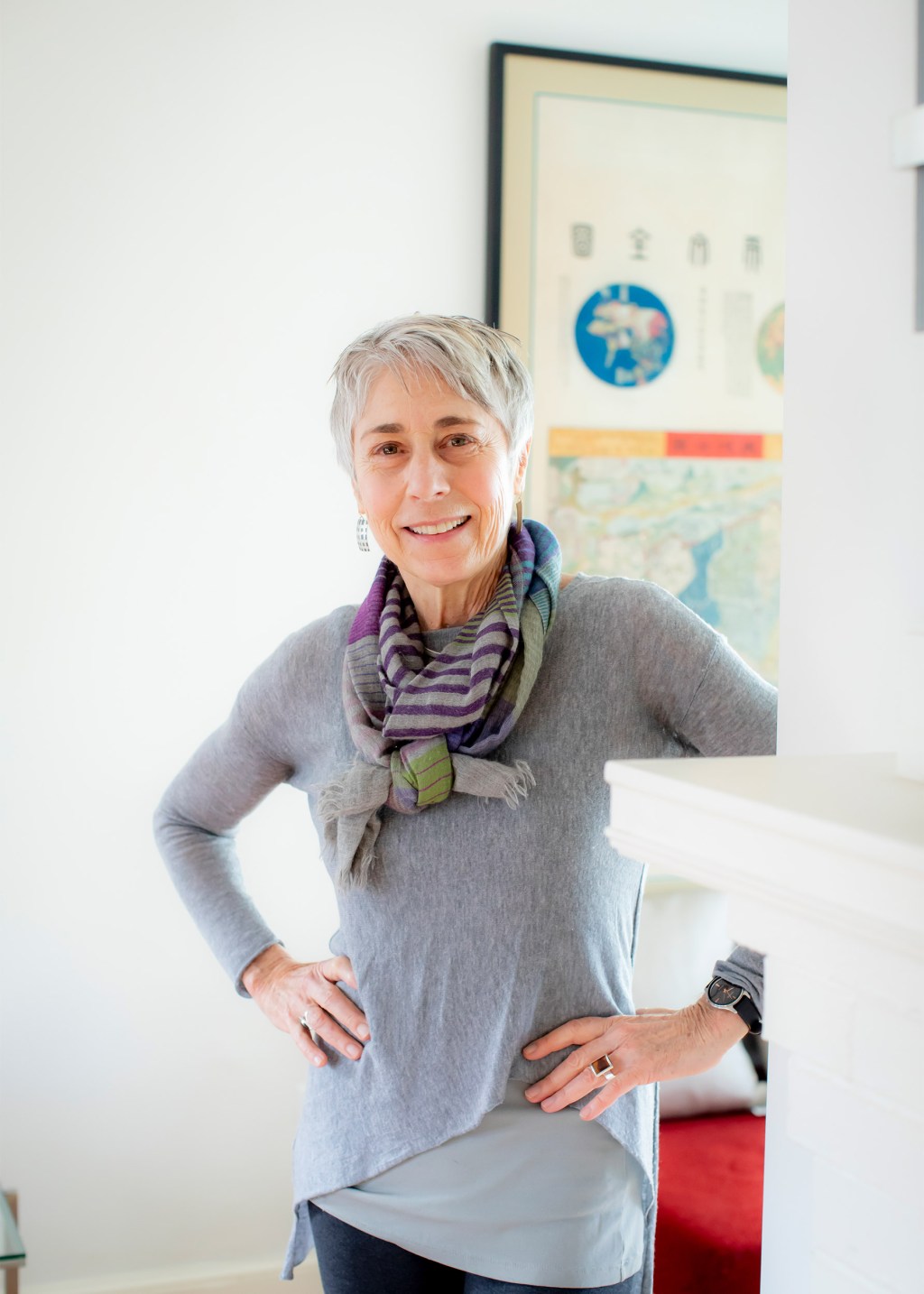
-
Pandemic’s path of destruction widens
According to a Harvard study, a majority of households with children in New York, Los Angeles, Chicago, and Houston are facing serious financial problems.
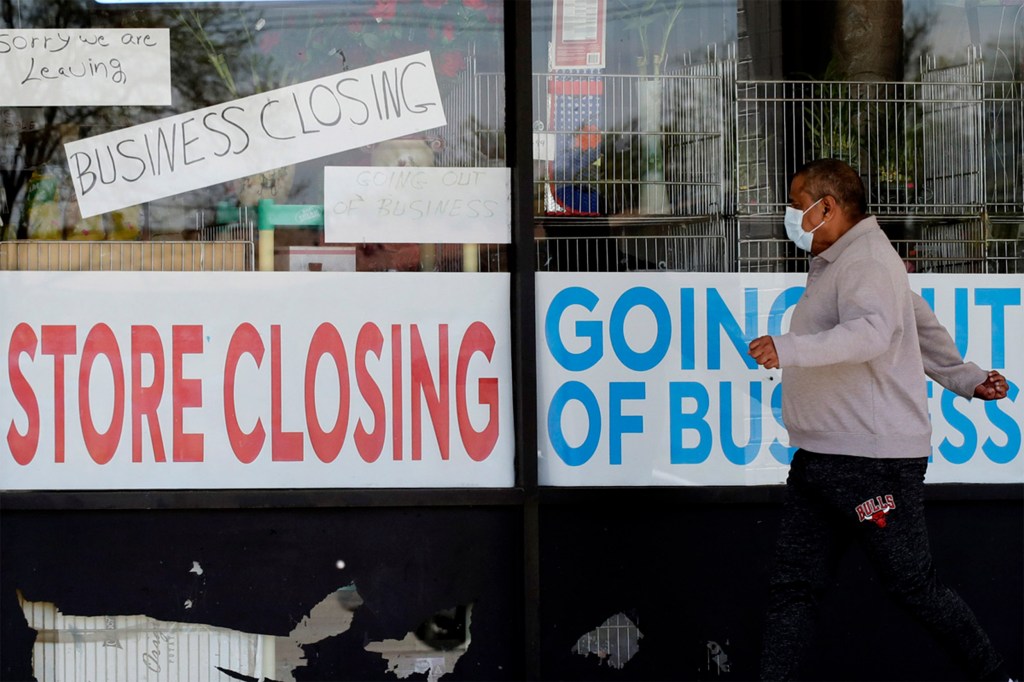
-
Opening health care access to trans community
Soltan Bryce, an M.B.A. student and trans man, leads the growth of a digital startup that’s bringing much-needed health care to the historically neglected trans community.
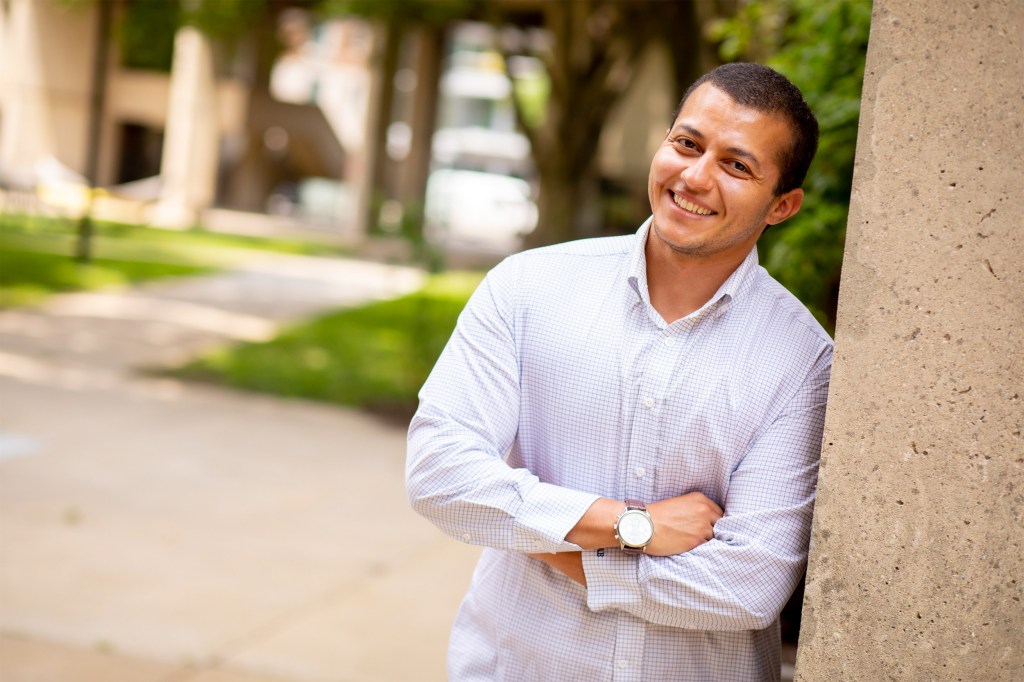
-
The pause that brings peace and productivity
In doing research for his new book “Step Back,” Joseph Badaracco studied classic works and interviewed 100 managers in 15 countries to learn how busy men and women find time for reflection.

-
What’s next for the world’s largest economies?
Edward Cunningham and Philip Jordan examine China’s post COVID-19 economic recovery in an effort to better understand what’s next for America’s own attempts to rebuild.
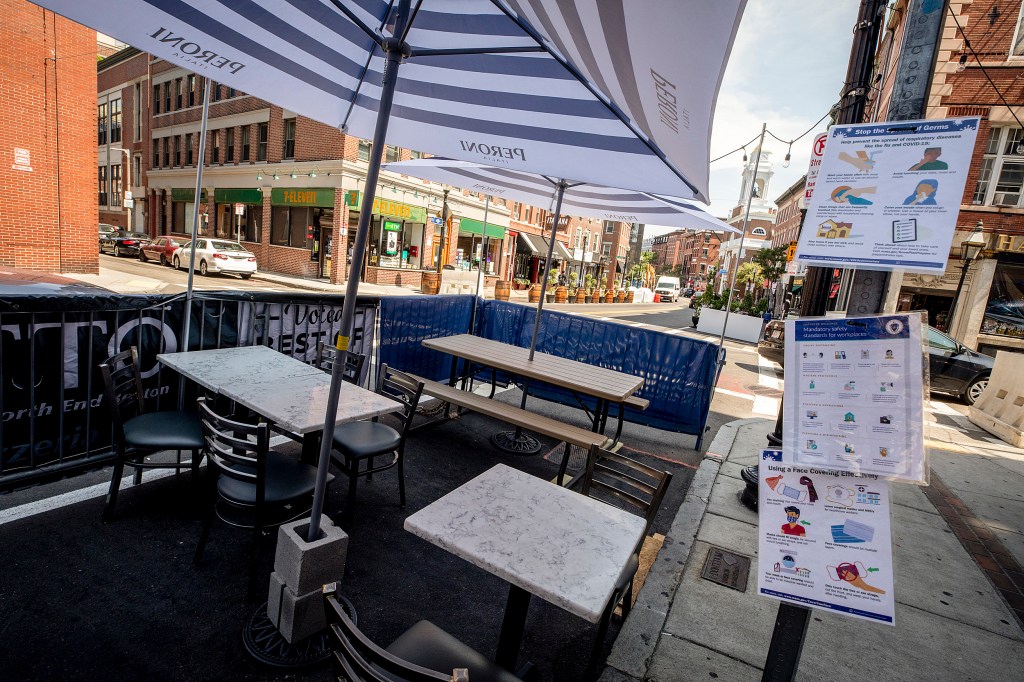
-
How COVID turned a spotlight on weak worker rights
An interview with Harvard Law Professor Benjamin Sachs and HLS Lecturer Sharon Block about the legal workplace issues in the time of COVID-19.

-
The 1921 Tulsa Race Massacre and the financial fallout
Experts look at the long-term financial fallout from a 1921 riot that left an affluent Black community, known as Black Wall Street, destroyed by a white mob numbering in the thousands.

-
New economic tracker finds flaws in U.S. recovery plan
Opportunity Insights report suggests targeted social insurance programs may be more effective than U.S. economic recovery strategies.
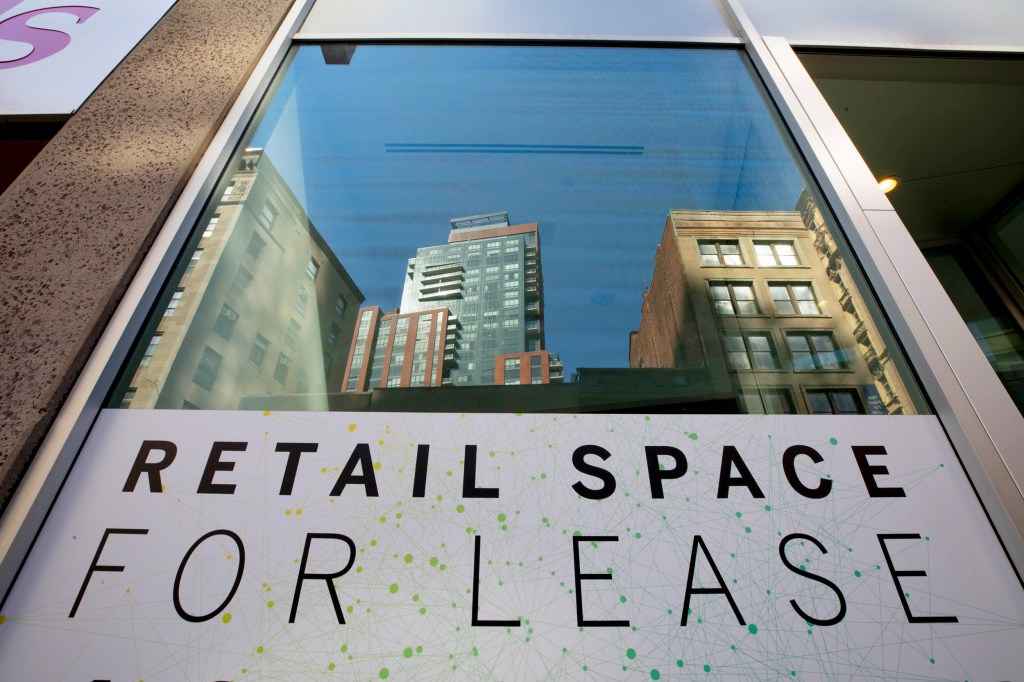
-
Americans are weary of lockdowns, but if COVID surges, what then?
If not a new lockdown, how do we slow the coronavirus in the future, researchers ask.

-
A look at the future as Beijing seeks more influence over Hong Kong
With the National Party Congress, China’s annual legislative session, concluded, the Ash Center sat down with Director Anthony Saich, Daewoo Professor of International Affairs, to discuss a new security law that could define the future of Beijing’s relationship with Hong Kong.

-
‘If it’s not over on the disease … it’s not over on the balance sheet’
Harvard Kennedy School economist Carmen Reinhart, an expert on financial crises who will become chief economist and vice president at the World Bank next month, discusses the outlook for the U.S. economy and the global challenges on the horizon.
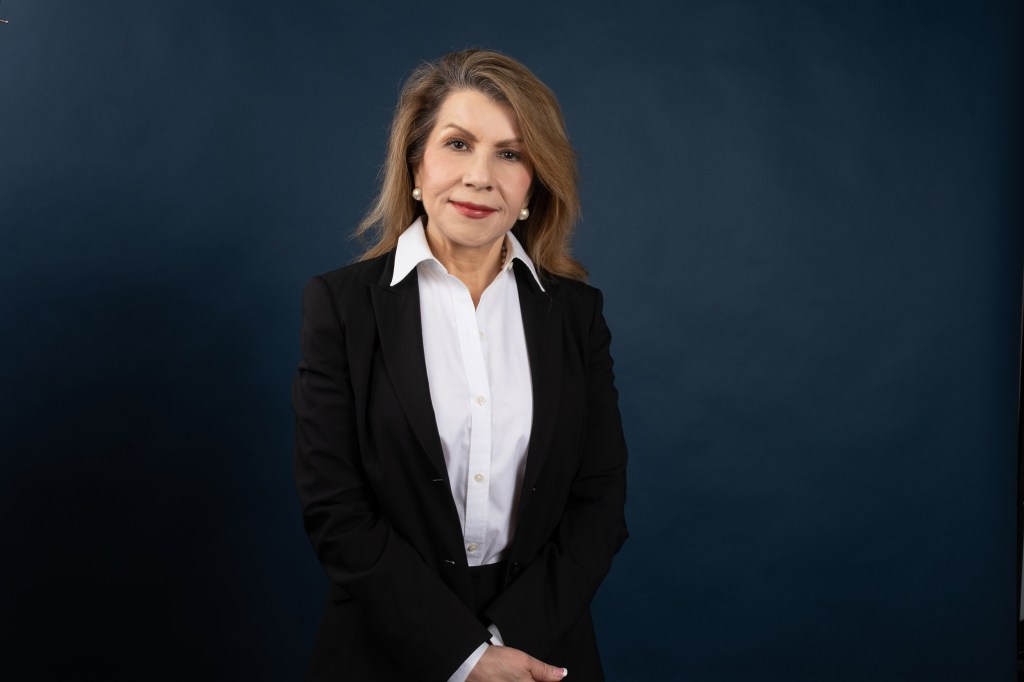
-
Democratizing work for the people and the planet
An op-ed that was cosigned by more than 5,000 researchers from universities around the globe, issued an urgent plea: We need to transform the way we work.
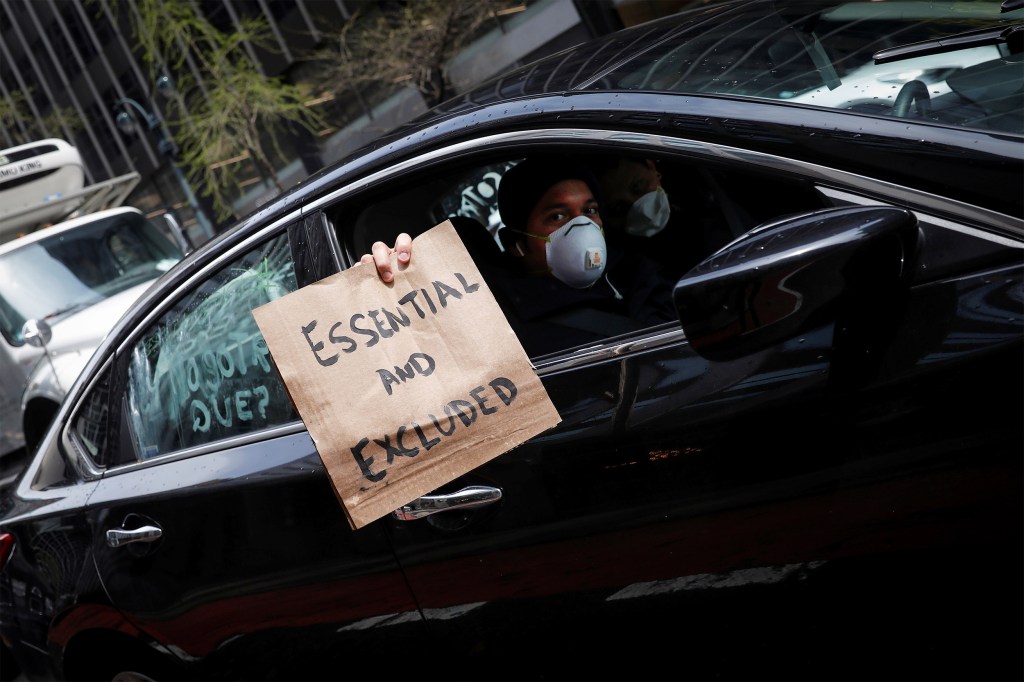
-
Real-time data to address real-time problems
A Harvard-based institute created a tool that harnesses big data to provide up-to-date information to policymakers, to measure the economic downturn.
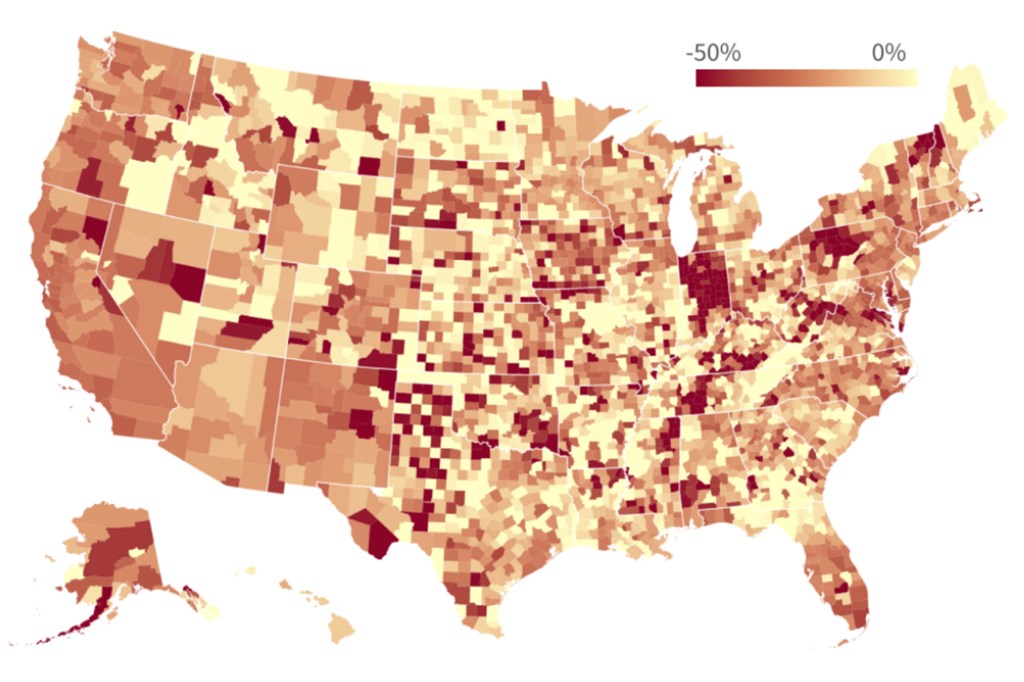
-
And the survey says, ‘keep it closed’
A majority of people in the U.S. want to continue physical distancing measures, even as the federal government and some state governors are pushing to reopen the economy, according to a new national survey.
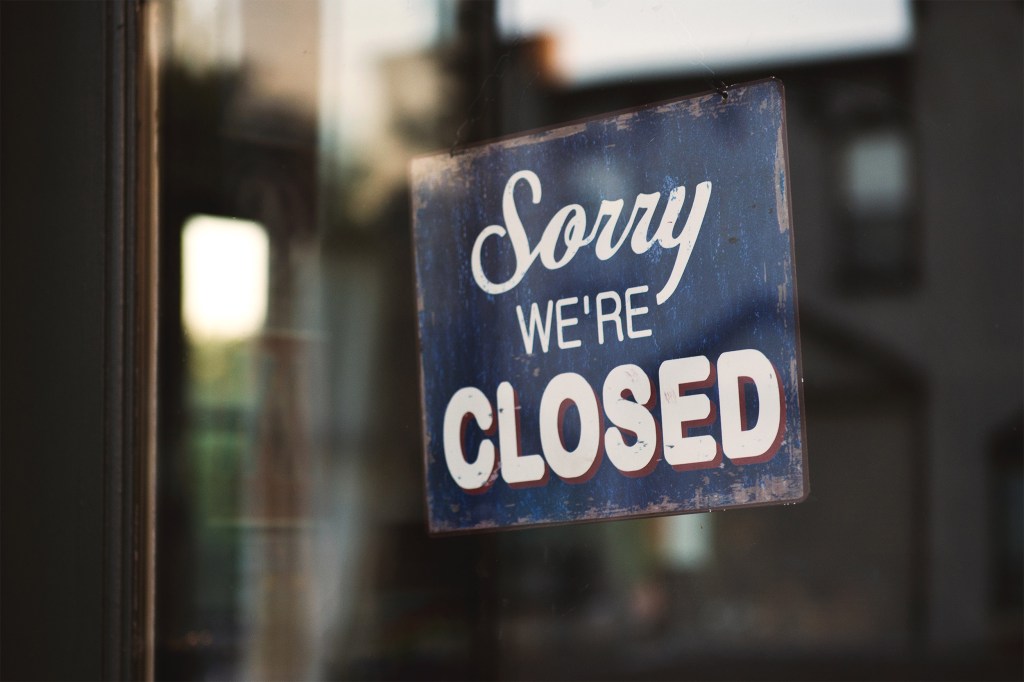
-
Melissa Dell wins 2020 Clark Medal
Harvard economist Melissa Dell has received the 2020 John Bates Clark Medal. The annual award, administered by the American Economic Association, honors an “American economist under the age of forty who is judged to have made the most significant contribution to economic thought and knowledge.”
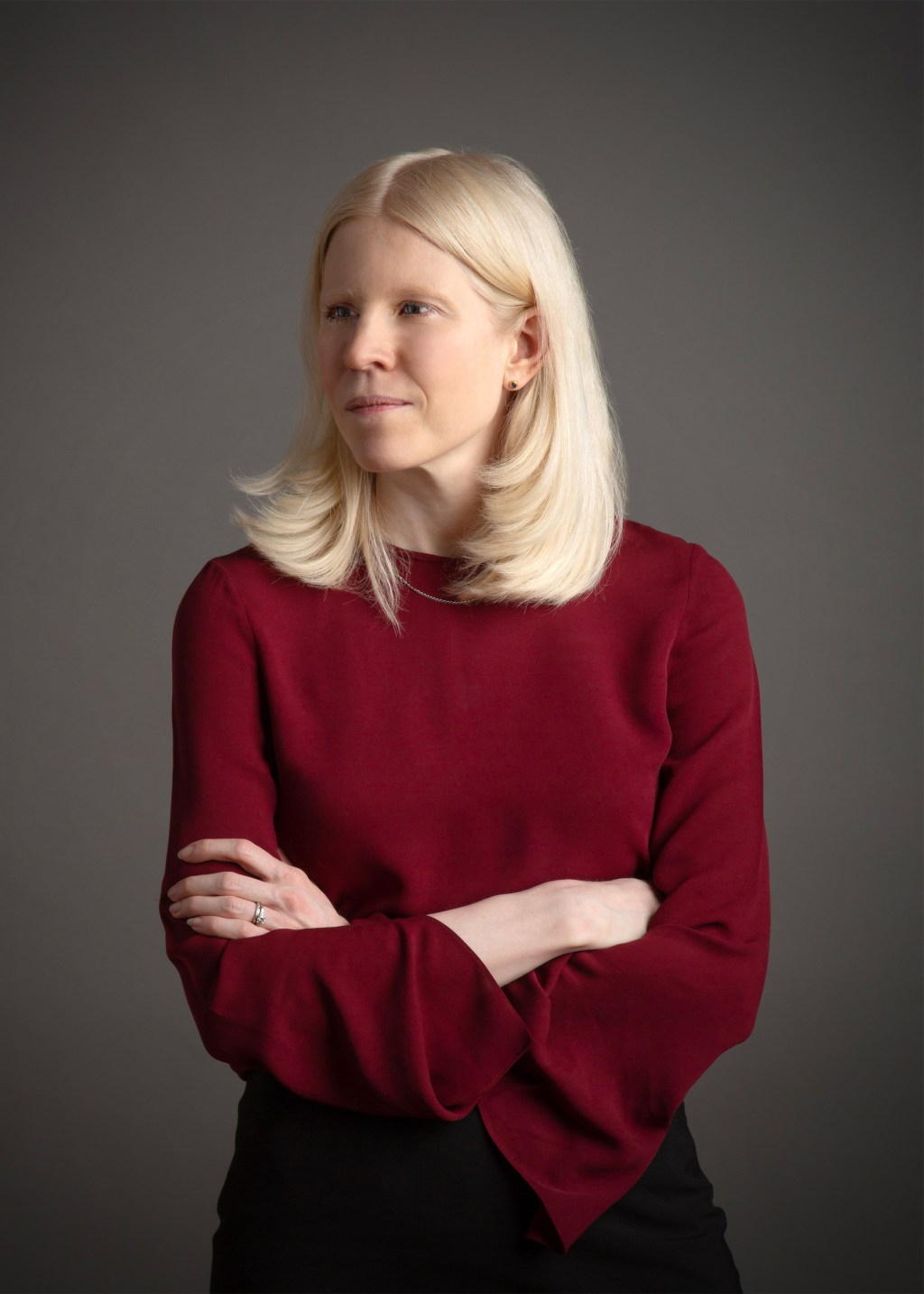
-
American economy on the bubble
As governors weigh when to allow businesses to reopen, Harvard faculty discuss which industries have been helped and hurt by the pandemic, and some of the hurdles surviving businesses will face to reverse their fortunes.

-
Sustainability in Big Sky Country
Owners of ranch and nursery since the 1970s talk about the interdependence of financial and environmental viability.

-
Why odds of a coronavirus recession have risen
An interview with economist Jeffrey Frankel, James W. Harpel Professor of Capital Formation and Growth at Harvard Kennedy School, about the economic impact of the coronavirus on both the world and the U.S. economy.
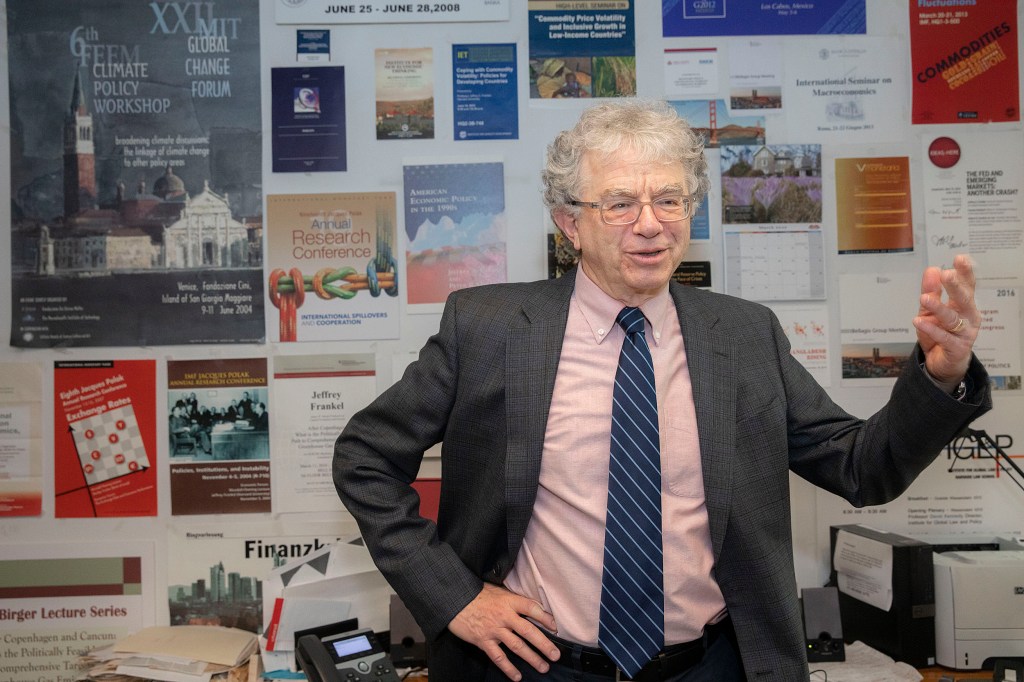
-
Coronavirus economic fallout won’t be ‘done with by June’
A Harvard Business School expert on Asian industry said restarting the global economy in COVID-19’s wake won’t be easy, and the task won’t begin until the worst effects are past, perhaps months from now.

-
How political ideas keep economic inequality going
Economist Thomas Piketty discusses his new research into the historical roots of inequality around the world and what can be done to begin redressing it.
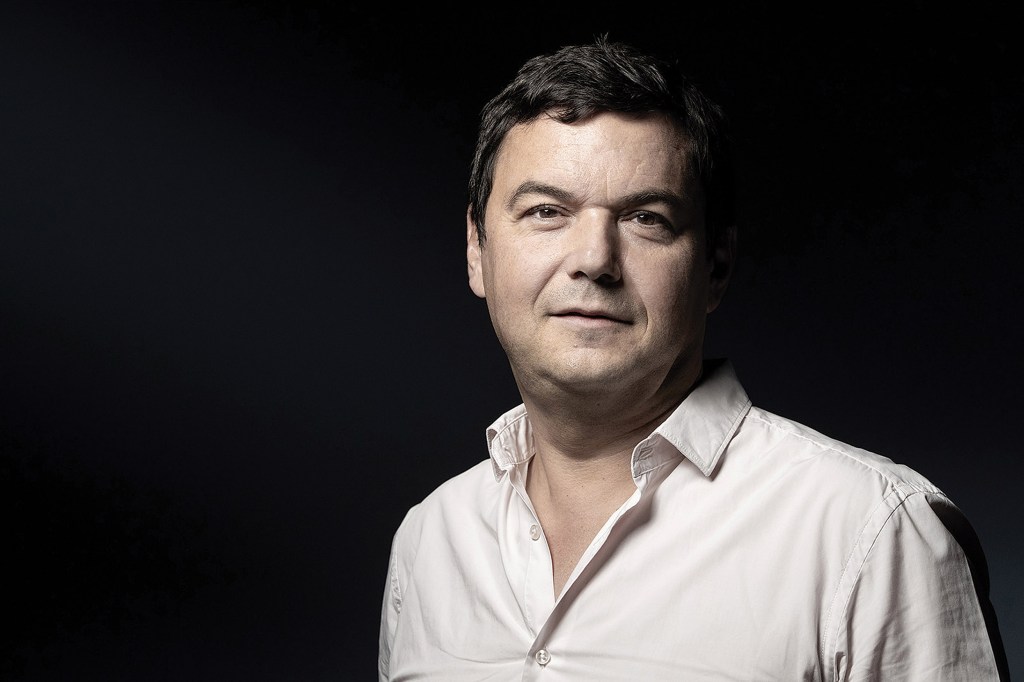
-
With federal funds, Harvard helps drive local economy
Harvard University uses its federal research funding to foster economic growth throughout the region.
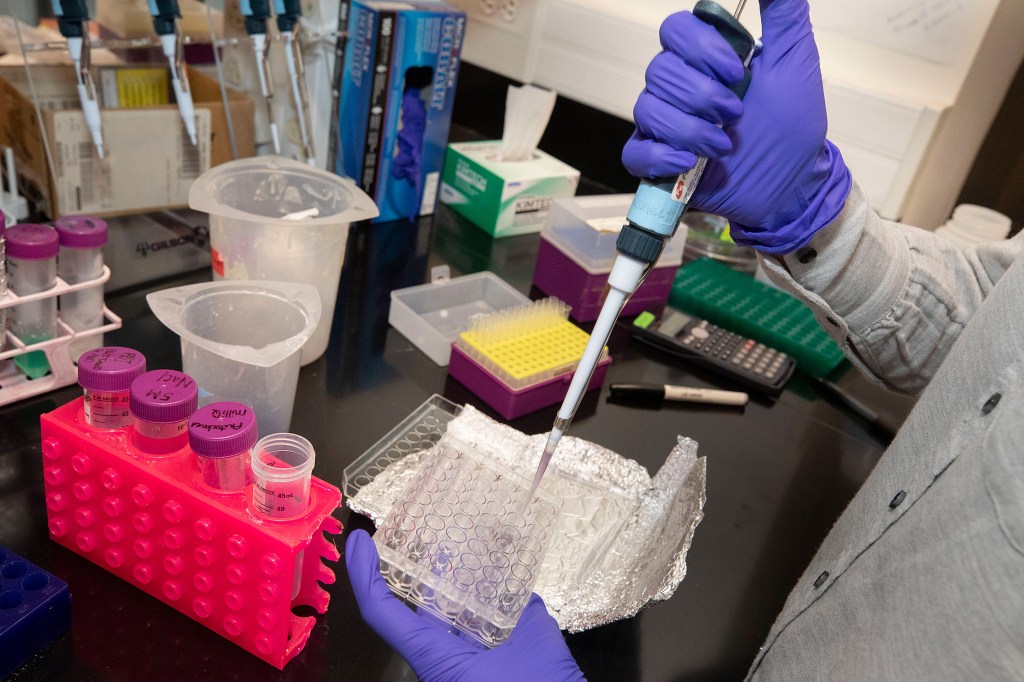
-
Business leaders see U.S. unprepared for economic downturn
New research from HBS faculty on the state of U.S. competitiveness finds that the business community may hold the key to dismantling a dysfunctional political system that threatens the nation’s economic outlook.
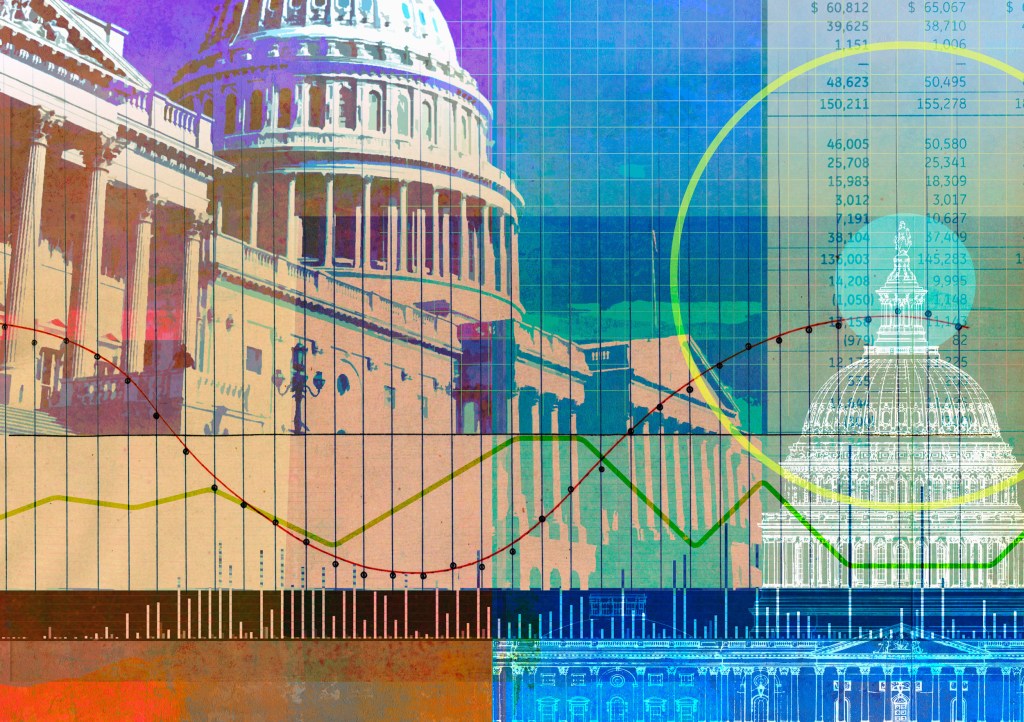
-
Women less inclined to self-promote than men, even for a job
Harvard Business School’s Christine Exley talks about her recent research that indicates women’s reluctance to self-promote, compared to men’s, may be more persistent than previously understood.

-
House of cards
A new report from the Harvard Joint Center for Housing Studies breaks down in a series of charts how it has become harder than ever for middle-income Americans to afford rent.

-
Driving is more expensive than you think
Harvard study says Massachusetts car economy costs $64 billion, and more than half of that comes from public.
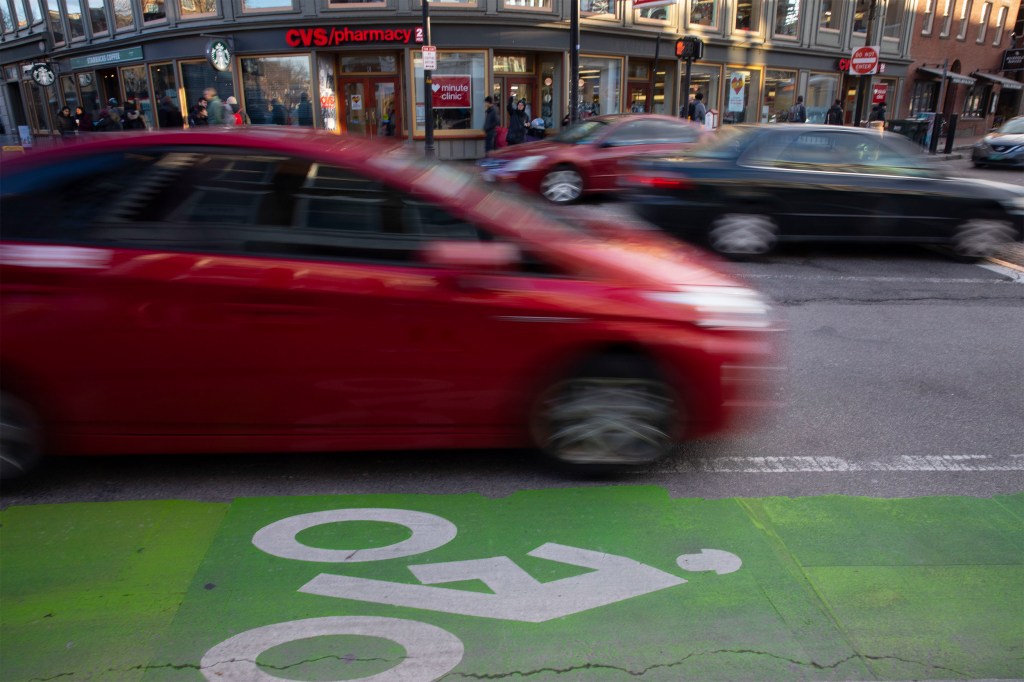
-
Why U.S. labor laws need to be revamped
An interview with Harvard Law Professor Benjamin Sachs and Lecturer Sharon Block, who co-wrote the report “Clean Slate for Worker Power: Building a Just Economy and Democracy,” calling for a reform in American labor law.
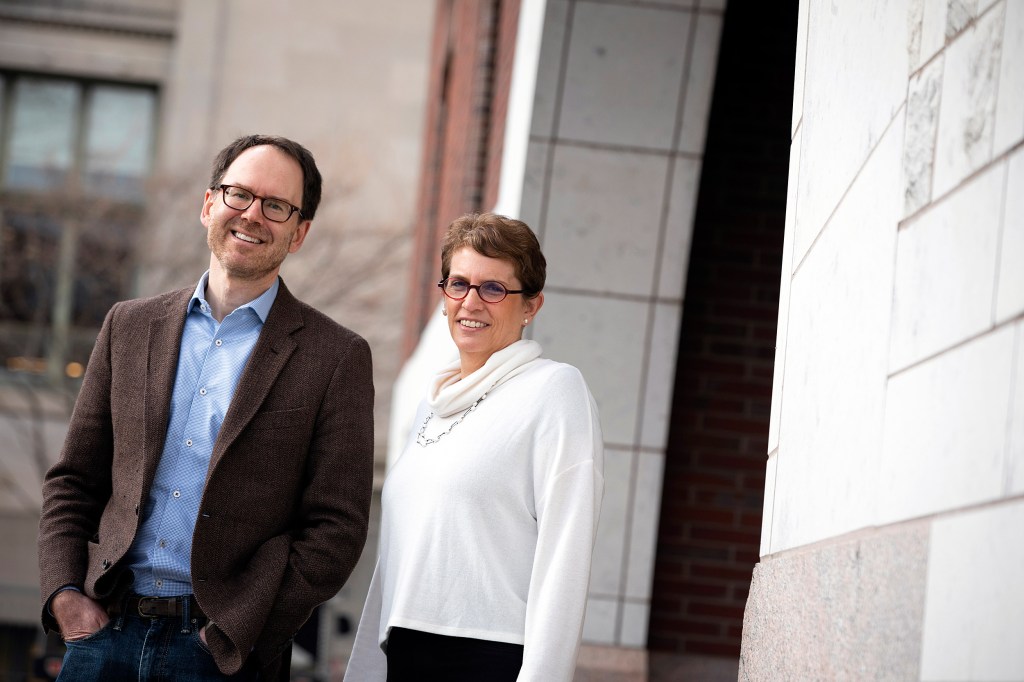
-
China’s view on trade war, looming U.S. tariffs
One of China’s best-known economists, Justin Yifu Lin, spoke to the Gazette on some of the dramatic changes China made to spur its growth and on current U.S.-China trade tensions.
